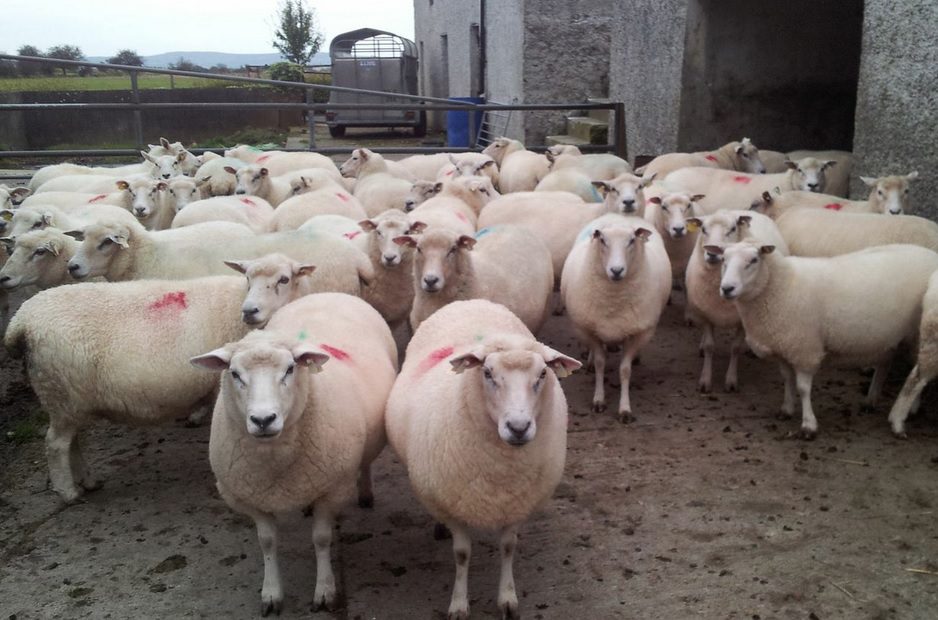There is strong anecdotal evidence to suggest that Irish sheep numbers are increasing, according to Teagasc drystock advisor Martina Harrington.
“There is a bit of money in sheep at the moment,” she said.
“Suckler men are looking at their options, particularly in light of the projected increase in cattle numbers that will be coming through the system over the coming year or so.
“And, in light of this, getting into ewes would be seen as a viable alternative.
The reality is that sheep are easy to both get into and get out of. The associated fixed costs are relatively small.
Harrington, who is based in Co. Wexford, attributed the relative strength in sheep prices over recent weeks to the fact that finished lamb numbers have not been that plentiful.
“Lambs were thriving well right up to the end of August. But this month’s heavy rains have checked their progress. Grass dry matters have plummeted, which has led to lamb energy intakes falling accordingly.
“Quite a number of flock owners have been supplementing lambs with meal. But this is adding cost in to the system,” she said.
Harrington also said that mid-season ewes are looking well at the present time.
“Producers are currently vaccinating their flock, prior to the rams going in.
“In the light of this year’s wet spring, I am hearing reports that a number of producers may opt to put lambing dates back from mid-February to St Patrick’s Day.
“This seems to be very much a knee jerk reaction to one difficult lambing season. Certainly, there might be merit in putting flocks’ lambing dates back by a week. Going back further than that would be a bit overboard, in my opinion.”
According to Harrington, an increased liver fluke risk may well be a consequence of the wet spring and continuing damp conditions on many sheep farms.
“Producers should monitor the livers of the lambs they are sending in for slaughter,” she said.
If fluke shows up at all, then it’s a safe bet that the entire flock has been predisposed to the problem.
“In such circumstances all animals should be drenched. But farmers should be mindful of the withdrawal period associated with the various products that are on the market,” she said.
